IOR sets the stage for clinical study of new drug for the treatment of lymphomas and leukaemia
Institutional Communication Service
A study conducted at the Institute of Oncology Research (IOR, affiliated to USI Università della Svizzera italiana) by the research group headed by Prof. Francesco Bertoni paves the way for further clinical trials of a new drug for the treatment of lymphomas and leukaemia. The scientific article is published in Blood Advances, the journal of the American Society of Hematology.
Blood tumours, such as lymphomas and leukaemia, derive from blood cells that grow uncontrollably and prevent their normal function. In the United States alone, a person is diagnosed with blood cancer every 3 minutes, while every approximately 9 minutes a person dies from the same type of cancer.
The drug studied mainly by researcher Filippo Spriano in the laboratory of Prof. Francesco Bertoni – Group leader and Vice-director at IOR and Adjunct professor at the USI Faculty of Biomedical Sciences – is called NEO2734 and is able to inhibit certain proteins that are fundamental for the growth and survival of blood cancer cells and other tumours.
In the study published by the Blood Advances, researchers at the IOR in Bellinzona demonstrated that the drug NEO2734 has high anti-tumour activity in both large B-cell diffuse lymphomas and acute myeloid leukaemia. The drug has also shown greater activity than clinically proven BET or CBP/EP300 protein inhibitors.
The result of the study carried out in the IOR laboratories opens up the possibility of conducting a clinical study in patients with lymphomas or leukaemia.
"Our group has been working for several years with molecules capable of targeting proteins that are fundamental for the growth and survival of cancer cells", explains Prof. Francesco Bertoni. "The compound NEO2734 has allowed us to block not only BET proteins, as already studied in the past both at IOR and clinic at IOSI, but also two other proteins, called CBP and EP300. This allowed us to increase antitumour activity in both lymphoma and leukaemia and prostate cancer models. NEO2734 has not yet entered the clinical phase, but we hope that a study can soon be opened in Ticino as well".
The scientific article is available online at
https://ashpublications.org/bloodadvances/article/4/17/4124/463605/Antitumor-activity-of-the-dual-BET-and-CBP-EP300?searchresult=1




